Oral Cancer
What is Oral Cancer?
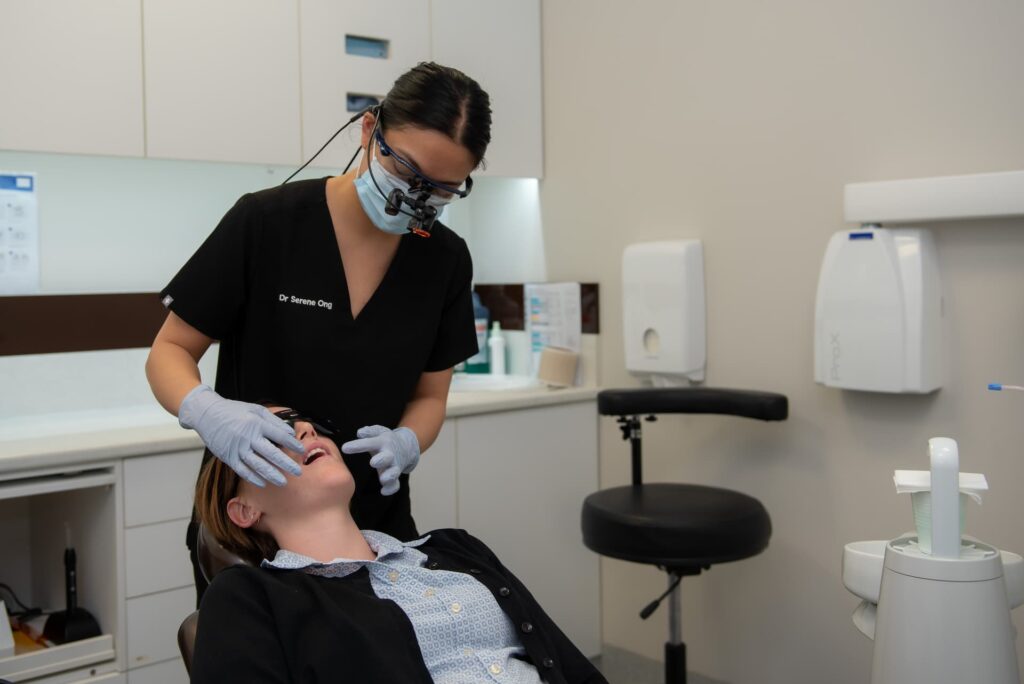
What is Oral Cancer?
Oral cancer occurs when abnormal cells develop in the tissues of the mouth or throat. It can appear on the lips, tongue, gums, cheeks, or the floor and roof of the mouth. While it can affect anyone, the condition is most common in adults who smoke, drink alcohol heavily, or have certain viral infections such as HPV.
Early detection greatly improves outcomes. Regular dental visits are one of the most effective ways to detect changes early — often before symptoms become severe.
Common Causes of Oral Cancer
Oral cancer usually develops when normal mouth cells undergo changes (mutations) in their DNA. Risk factors that can increase the likelihood of developing oral cancer include:
Tobacco use (smoking or chewing)
Excessive alcohol consumption
Human papillomavirus (HPV) infection
Prolonged sun exposure (particularly for lip cancer)
Poor diet low in fruits and vegetables
Long-term irritation from ill-fitting dentures or sharp teeth
Genetic or immune-related factors
Even without known risk factors, oral cancer can still occur — which makes regular oral examinations essential.

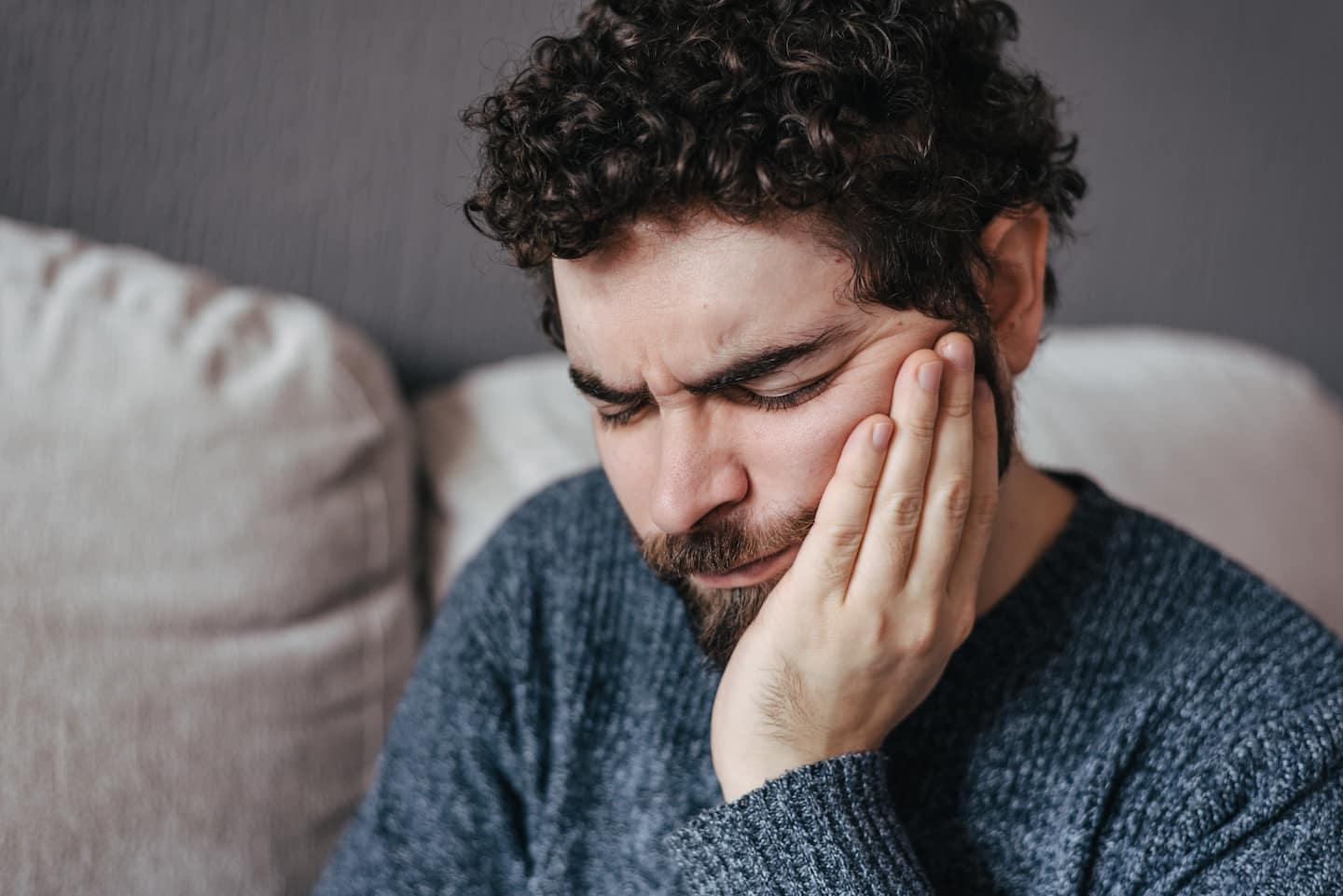
Symptoms of Oral Cancer
Oral cancer can appear in several forms. In its early stages, it may be painless and easily mistaken for a mouth ulcer or irritation.
Common symptoms include:
A sore, ulcer, or lesion that doesn’t heal within two to three weeks
White or red patches on the tongue, gums, or inner cheeks
A lump, thickened area, or rough spot inside the mouth
Pain, tenderness, or numbness in the mouth or lips
Difficulty chewing, swallowing, or moving the tongue or jaw
Loose teeth or changes in denture fit
Persistent sore throat or hoarseness
Swelling or a lump in the neck
If left untreated, oral cancer can damage surrounding tissues and bones, making eating and speaking difficult. In advanced cases, it may spread to other parts of the body.
Our Treatments for Oral Cancer
At Genesis Dental, we take a proactive approach to detection and management. During your routine check-up, our dentists will carefully examine your mouth, lips, and throat for any unusual changes.
If we detect a suspicious area, we may recommend further investigation through a biopsy or referral to an oral medicine specialist or hospital-based team.
Treatment options may include:
Surgical removal: Removing the affected tissue and surrounding margins.
Radiation therapy: Targeted radiation to destroy remaining cancer cells.
Chemotherapy or targeted therapy: Used in combination with surgery or radiation for more advanced cases.
Rehabilitation and follow-up care: Speech therapy, dietary support, and dental rehabilitation may be part of recovery.
Throughout this process, we’ll ensure you’re fully informed and supported, working closely with your medical specialists to coordinate ongoing care.
At-Home Care and Management
While oral cancer requires professional treatment, there are supportive measures you can take at home to improve comfort and recovery:
Maintain good oral hygiene using a soft-bristled toothbrush and fluoride toothpaste.
Keep your mouth hydrated; sip water frequently or use saliva substitutes.
Follow a balanced diet rich in soft, nourishing foods.
Avoid smoking, alcohol, and spicy or acidic foods that may irritate tissues.
Use any prescribed rinses or gels to manage discomfort.
Attend all follow-up appointments to monitor healing and detect any recurrence early.

How To Prevent Oral Cancer
Oral cancer is often preventable. Small lifestyle changes and regular dental care can significantly reduce your risk:
Avoid tobacco and limit alcohol intake.
Eat a balanced diet with plenty of fruits and vegetables.
Protect your lips from the sun using SPF lip balm.
Stay up to date with HPV vaccination where eligible.
Visit your dentist regularly for professional screenings.
Address any sharp teeth, broken fillings, or poorly fitting dentures that may cause chronic irritation.
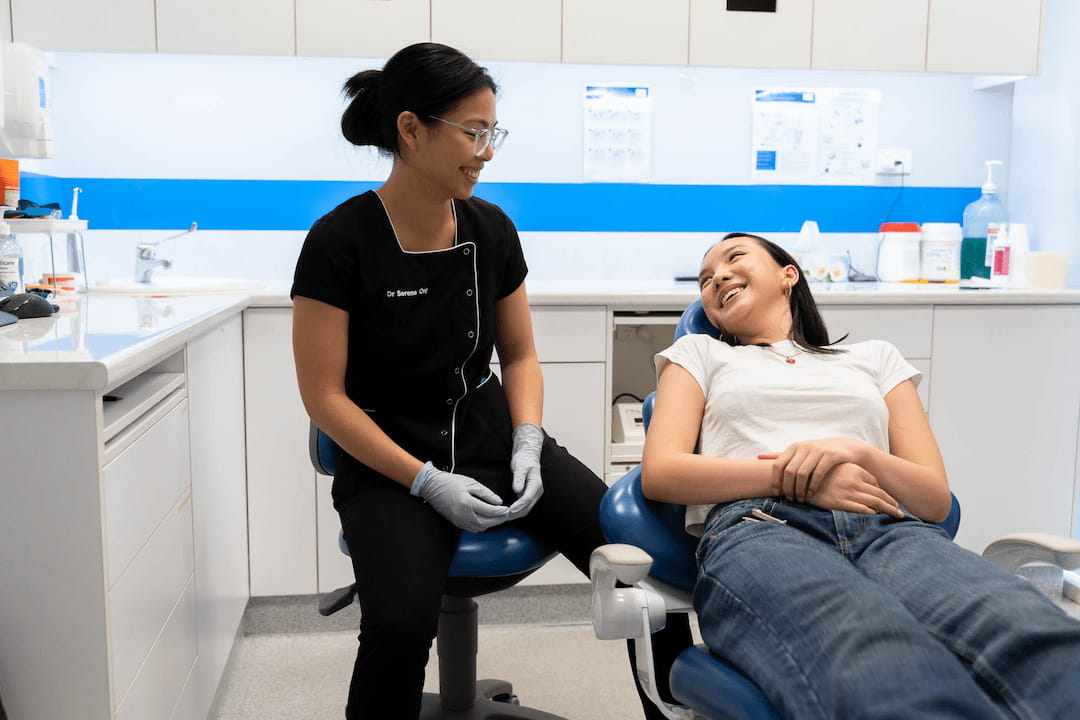
When Should I See a Dentist for Oral Cancer
You should book an appointment promptly if you experience:
A mouth sore or patch that hasn’t healed after two weeks
Unexplained lumps, thickened tissue, or bleeding
Pain or numbness in the mouth, lips, or jaw
Difficulty chewing, swallowing, or speaking
Changes in the fit of your dentures or movement of your teeth
Early diagnosis makes a significant difference. Our team will assess your symptoms, provide clear advice, and guide you to the right specialists if needed.
Associations
Our dentists are members of reputable dental associations, including the Australian Dental Association WA (ADAWA) and the Australian Health Practitioner Regulation Agency (AHPRA). We are also accredited by QIP, meaning our practice adheres to industry guidelines and regulations.
We accept all health funds, claimable on the spot for your convenience. We are preferred providers with HBF, HCF, CBHS and NIB, meaning you can maximise your rebate.
We also provide interest free payment plan options via The Tooth Market’s Fund My Dental. We also participate in government aided programs such as the Child Dental Benefits Scheme and provide top quality treatment for Department of Veterans’ Affairs (DVA) card holders.


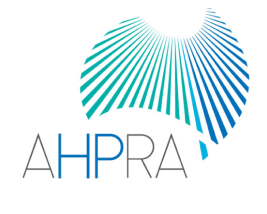



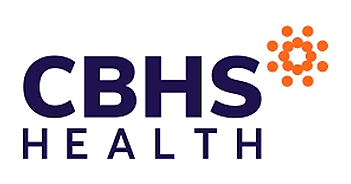


Meet Our Team
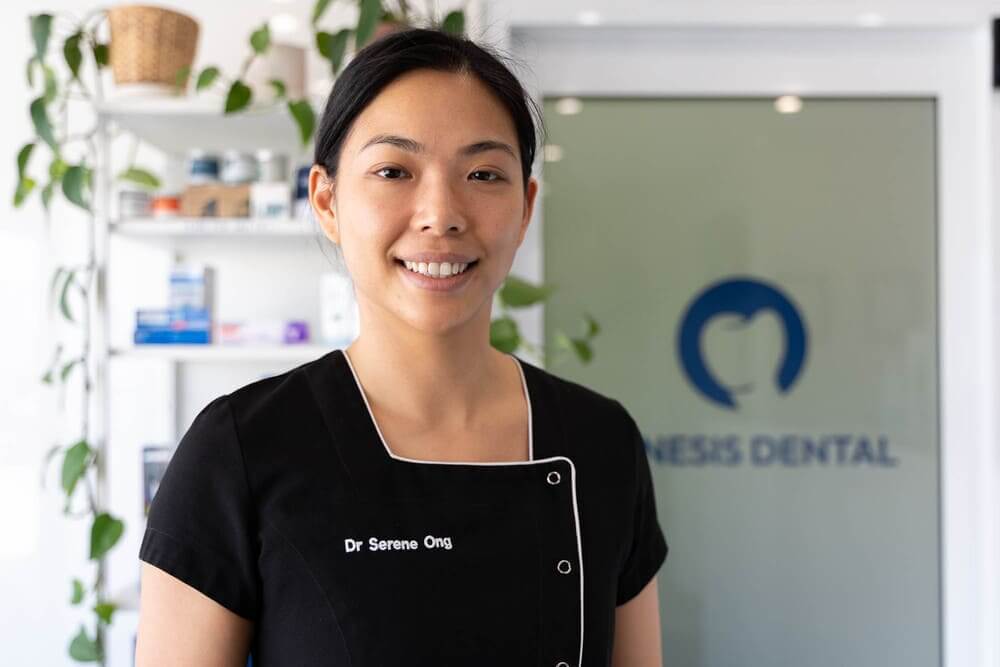
Dr. Serene Ong
Dentist

Dr. Ben Luu
Dentist
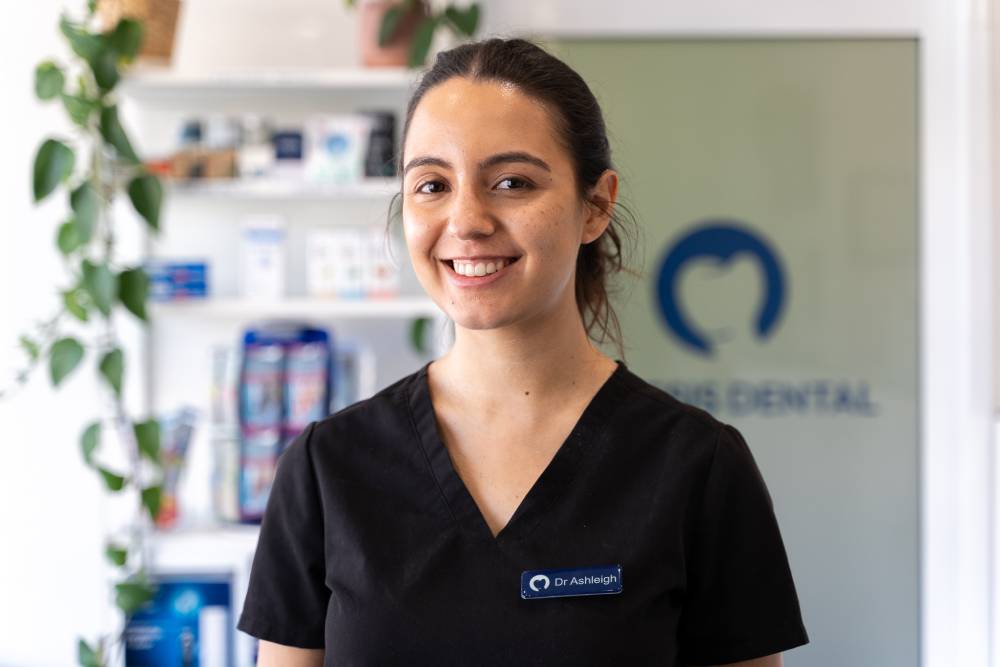
Dr. Ashleigh Furfaro
Dentist
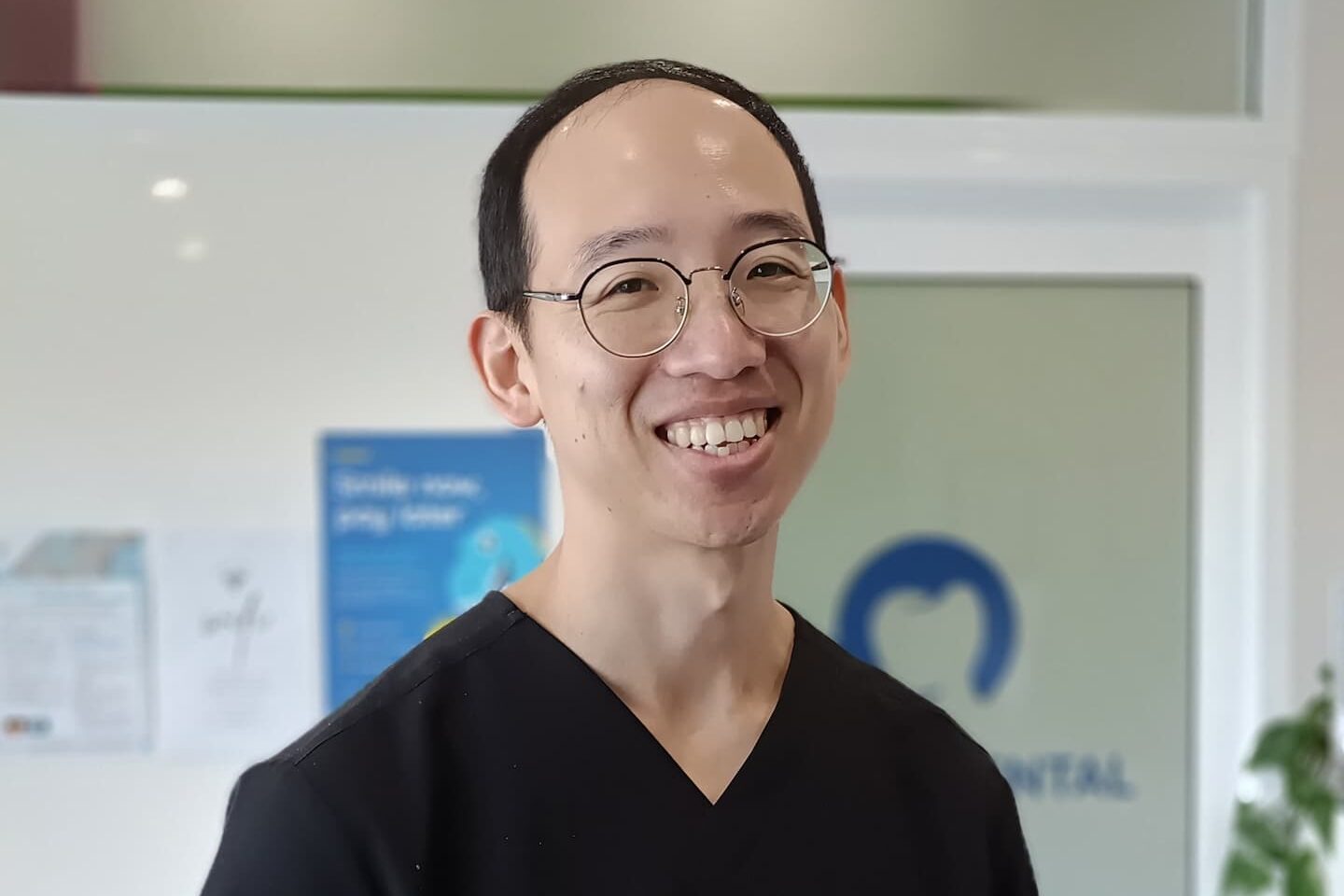
Dr. Jun Liew
Dentist
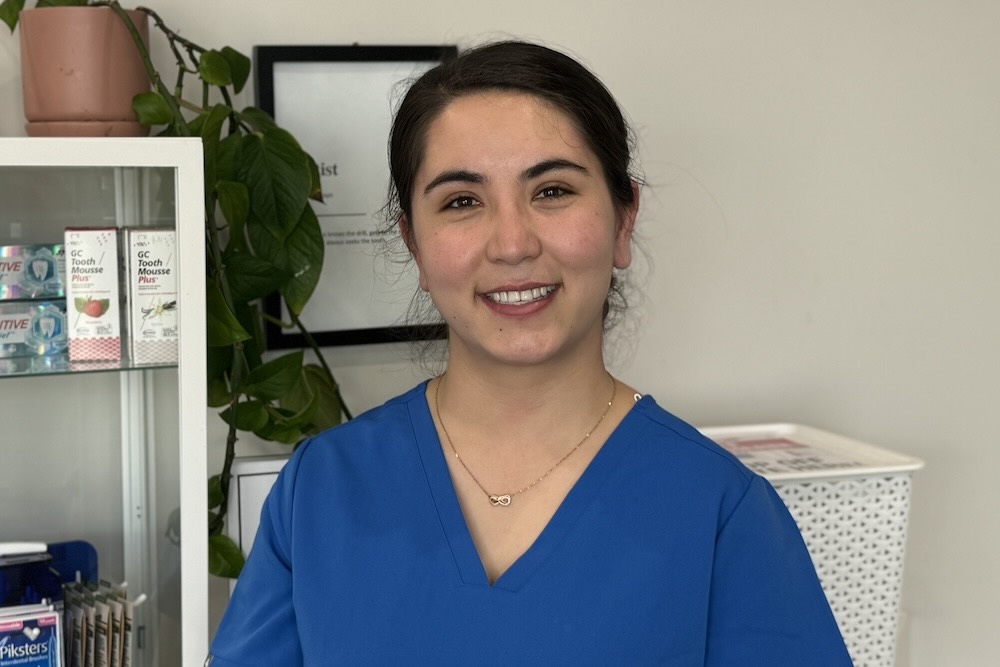
Fatima Akbari
Oral Health Therapist
Oral Cancer FAQ's
What does oral cancer look like?
It can appear as a white, red, or mixed patch, a lump, or a sore that doesn’t heal. Only a dental or medical professional can confirm whether a lesion is cancerous.
Can oral cancer be cured?
Yes — when detected early, oral cancer can often be treated successfully with a combination of surgery, radiation, or medication.
Is oral cancer painful?
Not always. Many early cases are painless, which is why routine dental check-ups are essential for detection.
Can a dentist detect oral cancer?
Yes. Dentists are trained to recognise suspicious changes in the mouth and can refer you for biopsy or specialist evaluation if needed.
How often should I be screened?
Oral cancer screening is included as part of your regular dental examination. Adults should see their dentist every six months or as advised.
Contact Us
If you have concerns about a sore, lump, or persistent change in your mouth, book an appointment with Genesis Dental today for a thorough examination and peace of mind.